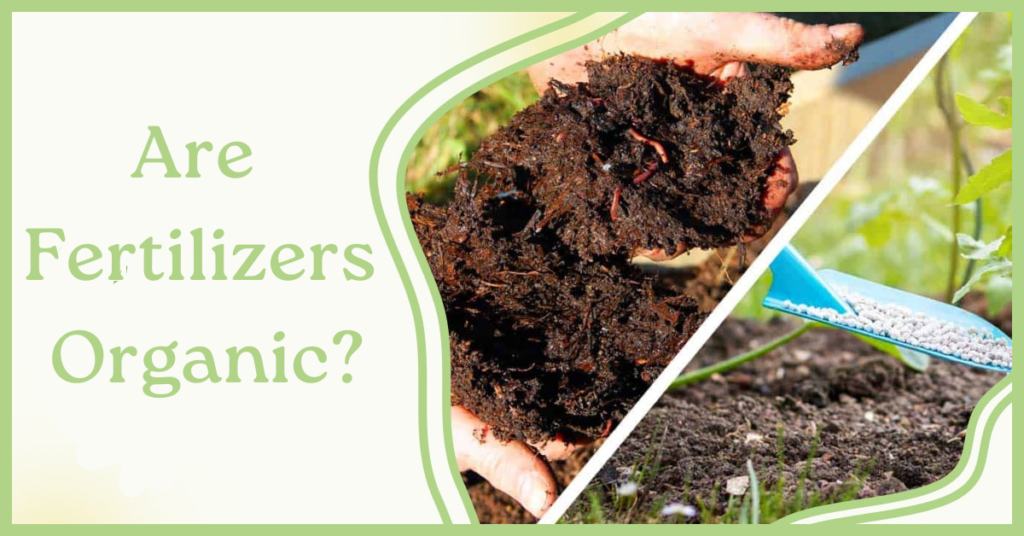“Are Fertilizers Bad”
In the realm of agriculture, the use of fertilizers stands as a cornerstone for crop production, but the debate persists: “are fertilizers bad”? As we navigate through this discourse, it becomes evident that fertilizers wield a dual nature, offering both benefits and drawbacks to our agricultural systems. While they hold the potential to bolster yields and address global food demands, concerns loom large regarding their environmental impact, soil health implications, and potential hazards to human well-being. Join us as we delve deeper into this complex issue, unraveling the intricacies of fertilizer usage and its implications for the future of farming and sustainability.
“Are Fertilizers Bad” Read More »









